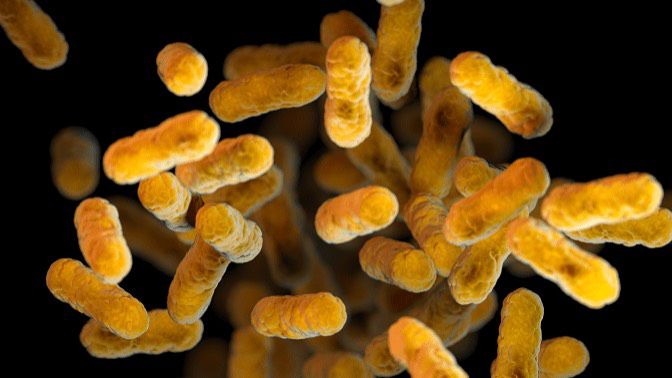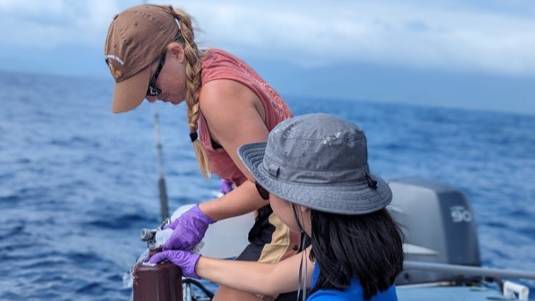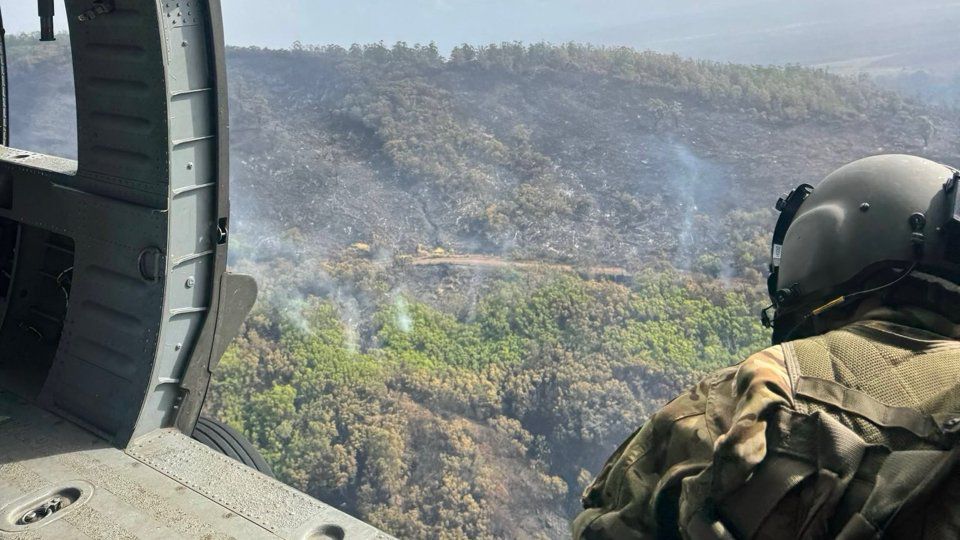The state Department of Health is investigating confirmed and suspected cases of pertussis in two separate Hawaii Island households.
The investigation covers two confirmed cases and eight probable cases, none of which involve travel-related exposures. Both households have school-age children who attend local schools but they are in “geographically distinct” areas of the island, according to DOH.
None of the cases has resulted in hospitalization.
“DOH is working with the families and schools to identify close contacts and encourage them to seek medical attention for preventive care as well as testing if symptomatic,” the department stated in a news release issued on Tuesday.
In February, DOH confirmed five cases of pertussis, also known as whooping cough, from a single household of visitors to Oahu. One child was hospitalized in that cluster.
DOH said that the new cases on Hawaii Island are not linked to the February cluster.
From 2019 to 2023, there were 90 confirmed and probable cases of pertussis reported in the state, including 28 cases linked to three separate outbreaks. Prior to the February cluster, the last reported cases of pertussis in the state were in October 2023.
Pertussis is a highly contagious respiratory infection caused by bacteria. It can cause severe coughing, followed by a high-pitched “whoop” sound when breathing in. Fits of coughing may persist for up to 10 weeks.
Whooping cough can lead to serious complications, especially in infants, such as pneumonia, dehydration, seizures and brain damage. Infants may not cough at all and may instead experience apnea (life-threatening pauses in breathing) or struggle to breathe.
DOH advises residents to see a doctor as soon as possible if they experience symptoms such as a runny nose, fever and violent, rapid coughing; struggle to breathe; or turn blue or purple.
Vaccination with DTaP or Tdap is recommended to protect against pertussis. Infants and children are recommended to complete a series of DTaP doses. Adolescents are recommended to receive one dose of Tdap preferably at age 11 or 12 years old. Women should get a Tdap dose during the third trimester of each pregnancy to help protect their babies early in life.
Based on data from the Centers for Disease Control and Prevention, Hawaii’s 2022-2023 kindergarten coverage rate for DTaP was 87% compared to a national average of 92.7%. Compared to the previous year, Hawaii had the largest increase in vaccination exemptions.
People infected with pertussis are advised to take antibiotics as prescribed and avoid contact with others until no longer contagious. People can spread the bacteria from the onset of symptoms and for at least two weeks after coughing begins. Taking antibiotics early in the illness may shorten the amount of time someone is contagious.
The CDC recommends the following good hygiene practices to prevent the spread of the bacteria that cause whooping cough and other respiratory illnesses:
Cover your mouth and nose with a tissue when you cough or sneeze.
Throw away used tissues in a waste basket right away.
Cough or sneeze into your upper sleeve or elbow if you don’t have a tissue. Never cough into your hands as germs can be spread this way.
Wash your hands often with soap and water for at least 20 seconds
Use an alcohol-based hand sanitizer if soap and water are not available.








